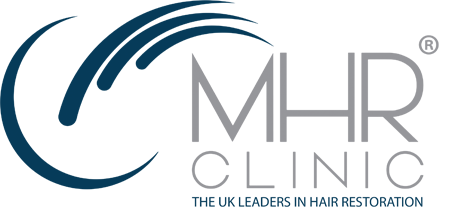The Environment and Hair Loss: Unraveling the Connection
Hair loss, a concern that transcends gender, is influenced by various factors, and your environment is among the most significant. Beyond genetics and hormones, the conditions you’re exposed to daily can play a pivotal role in the health of your locks. Let’s delve into how your environment can affect the chances of losing your hair in both men and women.
Stress: Stress can have a profound impact on hair health. Elevated stress levels can disrupt hormonal balance, potentially causing hair follicles to prematurely enter the resting phase, leading to increased hair shedding—a condition known as telogen effluvium. Furthermore, chronic stress can worsen conditions like alopecia, resulting in more severe hair loss. Incorporating stress-reduction practices such as meditation or yoga into your routine can be instrumental in minimising these adverse effects on your hair.
Pollution: Urban environments expose us to a cocktail of pollutants, including fine particulate matter and toxic gases. These environmental pollutants can accumulate on the scalp, potentially clogging hair follicles and weakening the hair shaft. Regular hair cleansing and protective measures like wearing hats can help minimise these effects.
Dietary Choices: A well-balanced diet rich in essential nutrients, particularly vitamins and minerals like biotin, zinc, and iron, is crucial for healthy hair growth. Poor nutrition can lead to brittle, thinning hair. Incorporating hair-friendly foods like eggs, leafy greens, and nuts can bolster hair health.
Water Quality: The hardness and mineral content of your tap water can affect your hair. Hard water can leave mineral deposits on the scalp, making hair more prone to breakage. Consider using a water softener or a clarifying shampoo to counteract these effects.
Heat and Styling: Frequent use of heat styling tools and harsh hair products can damage hair cuticles, leading to breakage and hair loss. Minimise heat exposure and opt for gentle, sulphate-free shampoos and conditioners to protect your locks.
Chemical Exposure: Frequent exposure to harsh chemicals in hair products, such as dyes, relaxers, and strong shampoos, can weaken your hair and contribute to hair loss. Opt for gentler, natural hair care alternatives.
Medication and Medical Conditions: Environmental factors can also affect your health, leading to medical conditions or the need for certain medications, which may have side effects including hair loss. Consult with a healthcare professional, such as MHR Clinic for guidance.
Understanding the environmental factors that contribute to hair loss is the first step in mitigating their impact. While we cannot control all aspects of our environment, we can take proactive measures to protect our hair. Adopting a healthy lifestyle, managing stress, and making informed choices about hair care products and routines can go a long way in maintaining a full and healthy head of hair. Remember, a holistic approach that considers both genetics and the environment is key to preserving your hair’s vitality.
